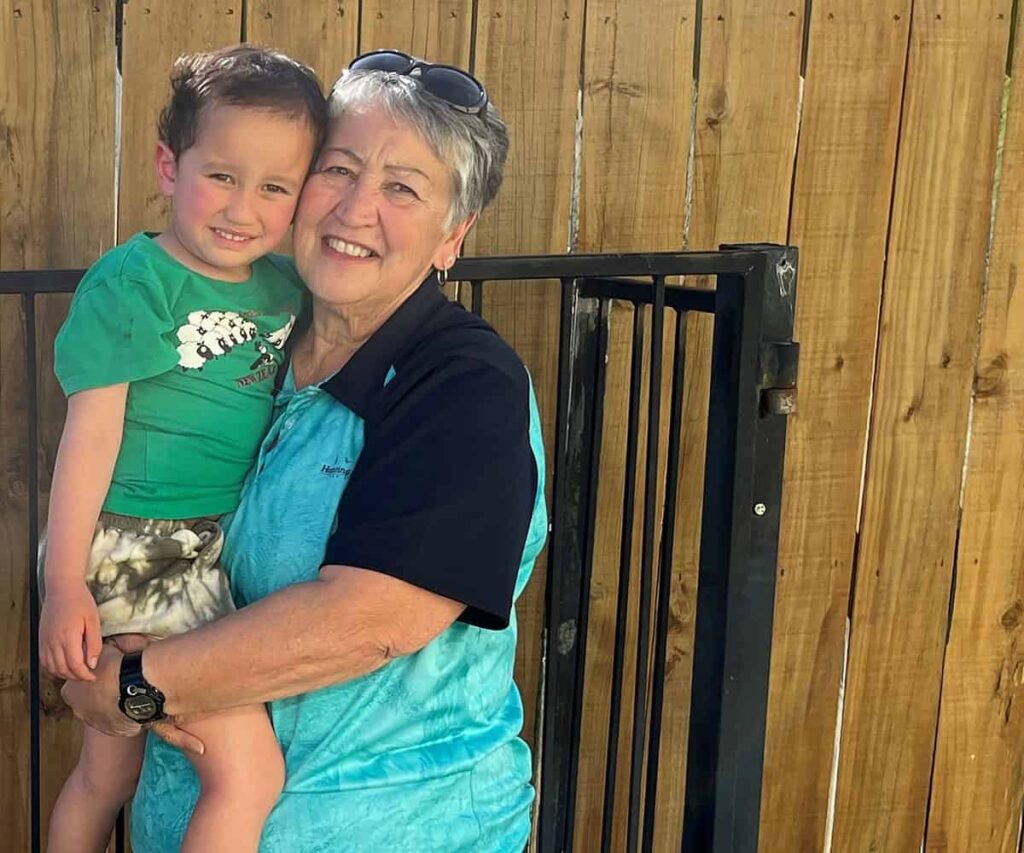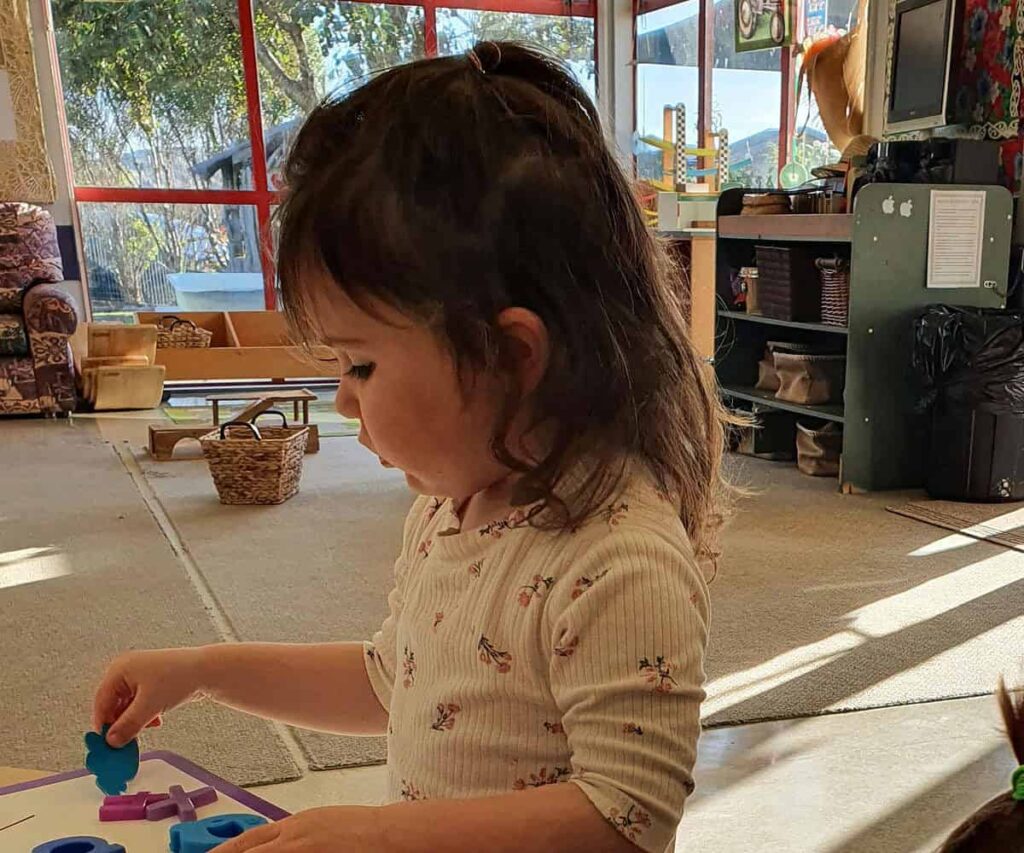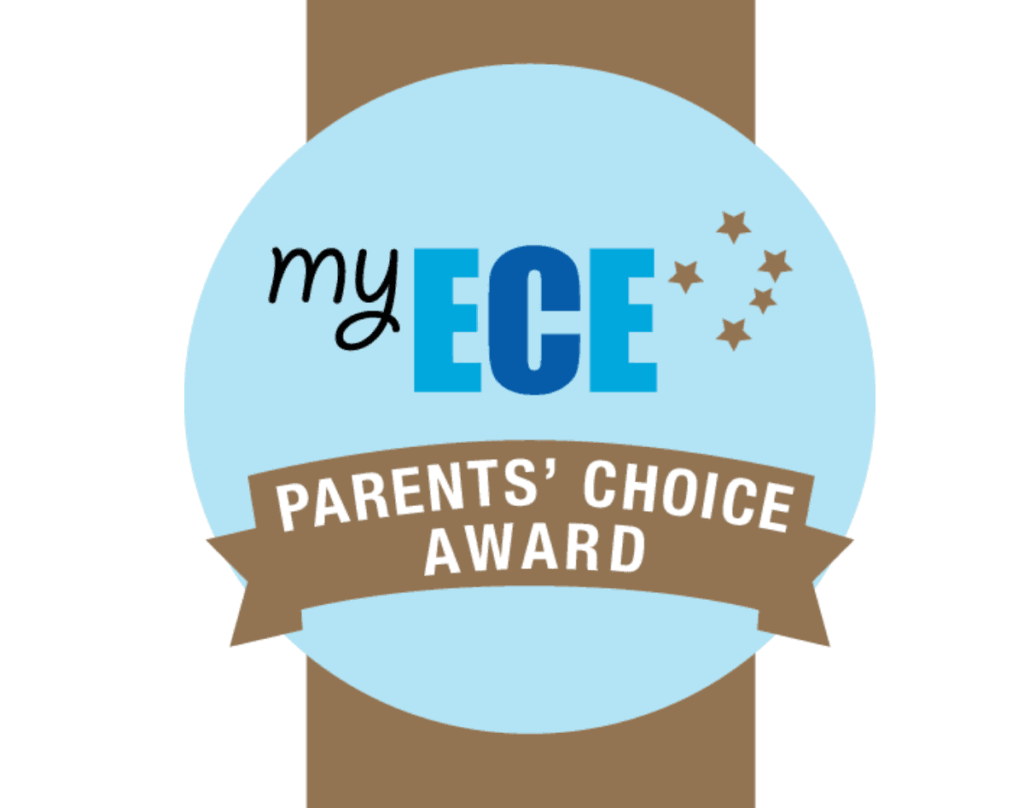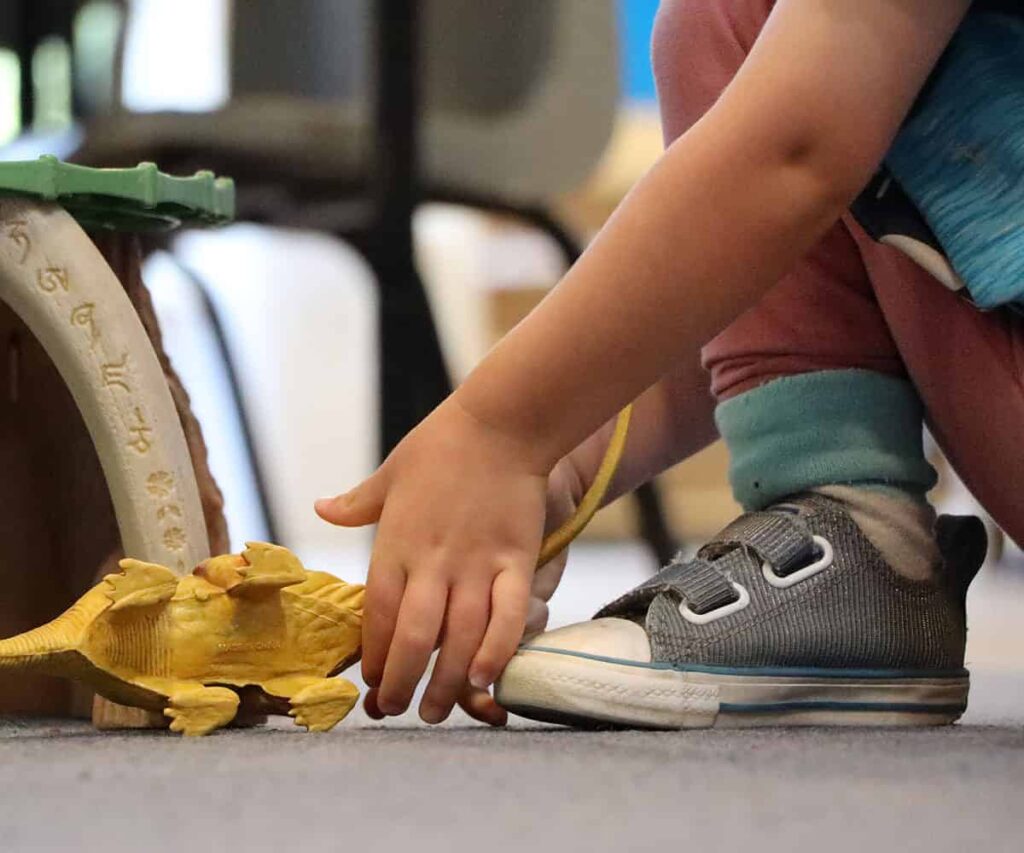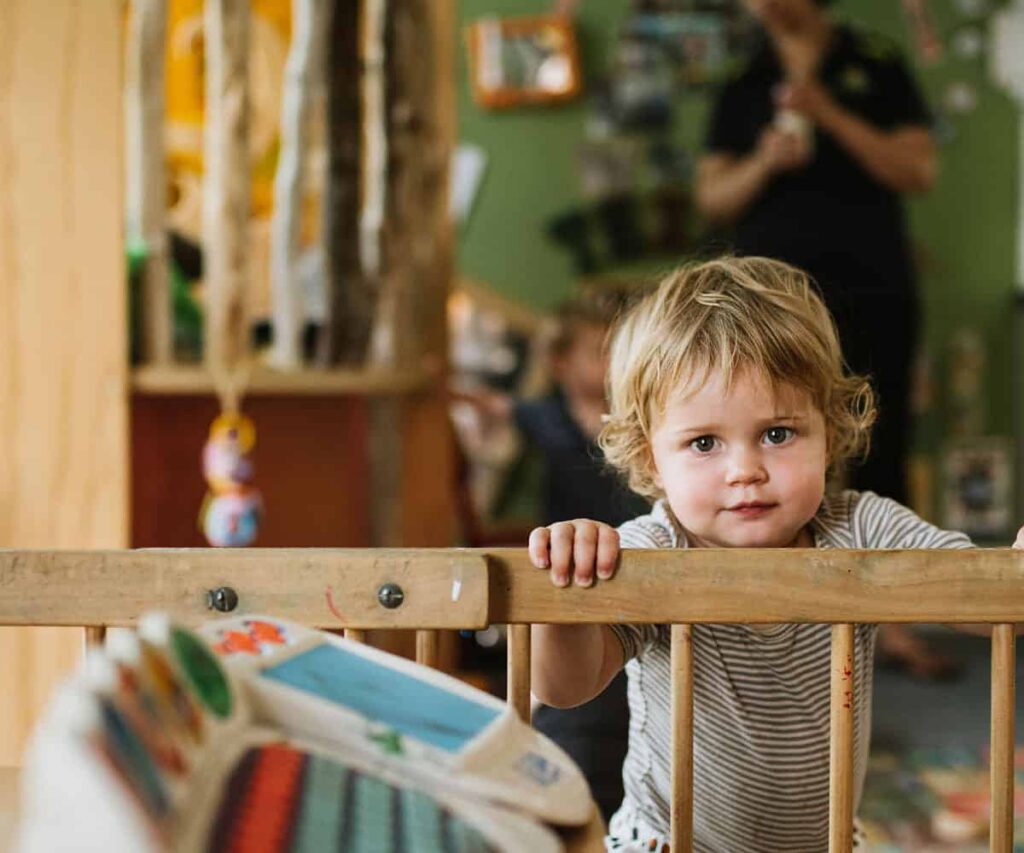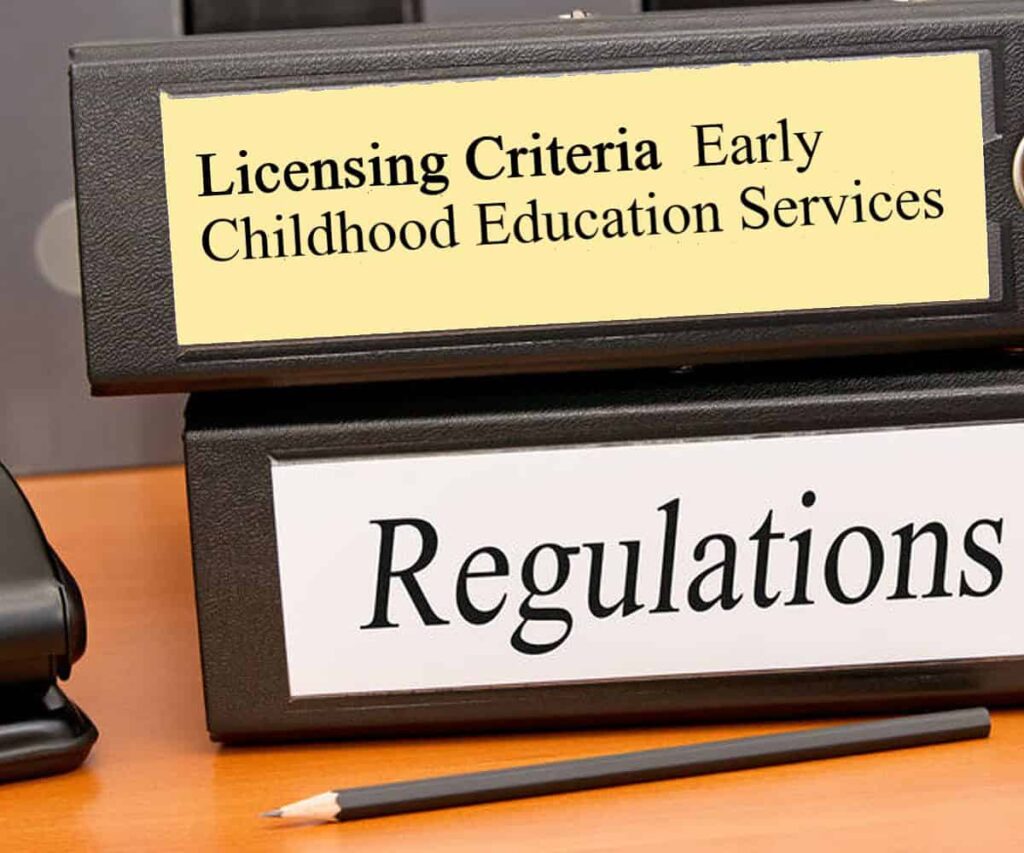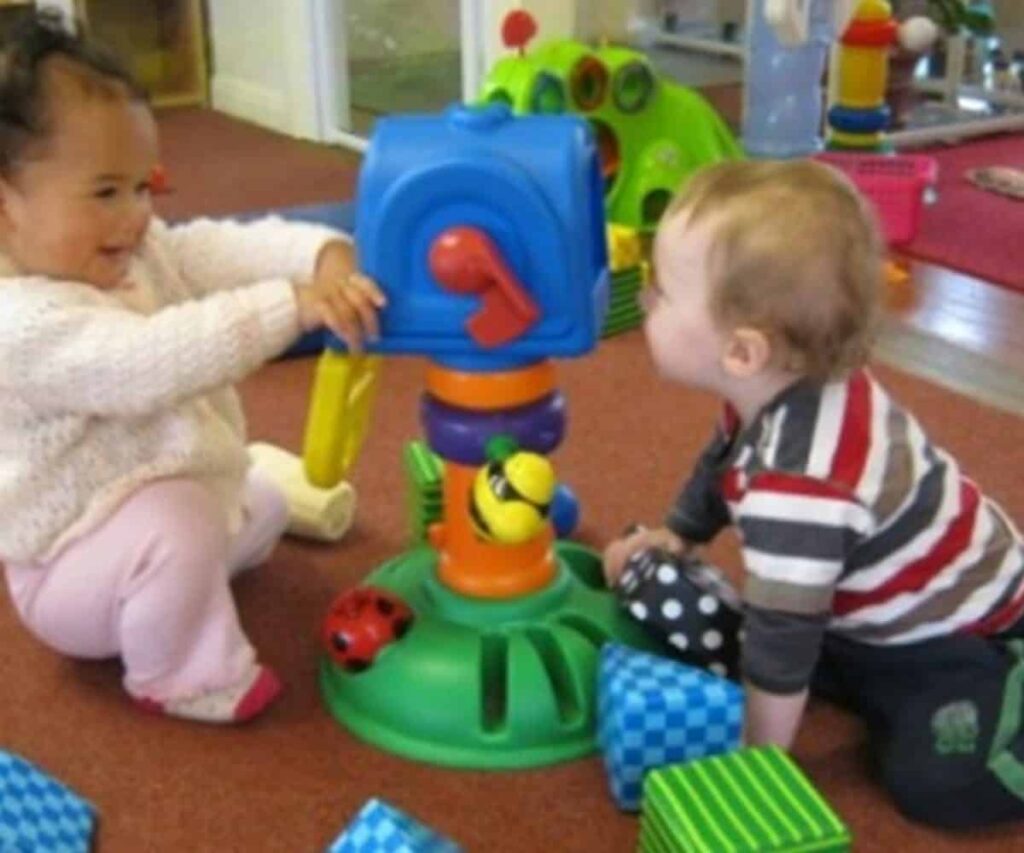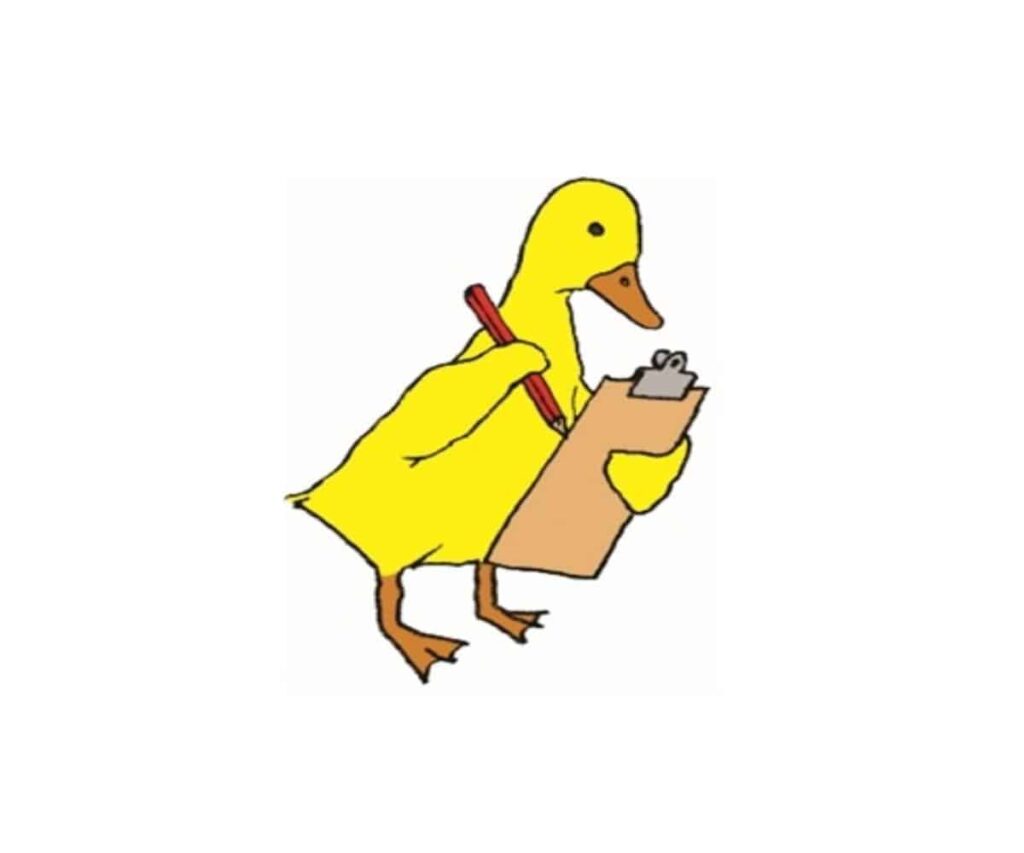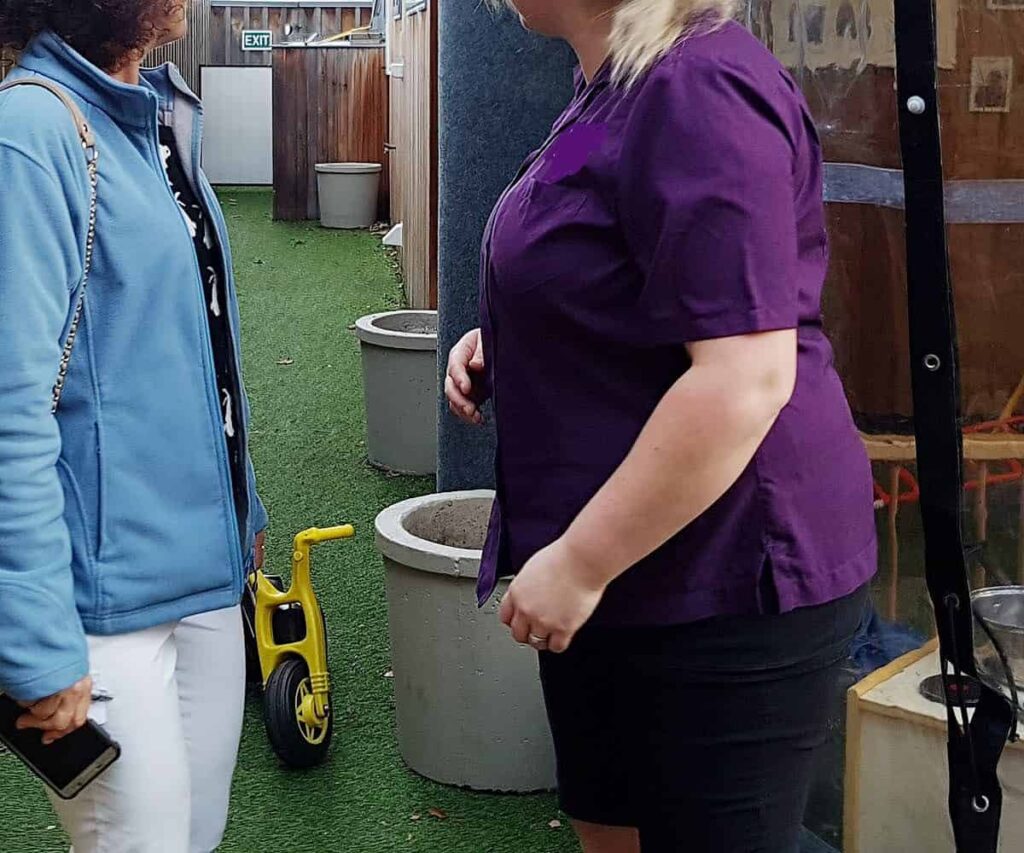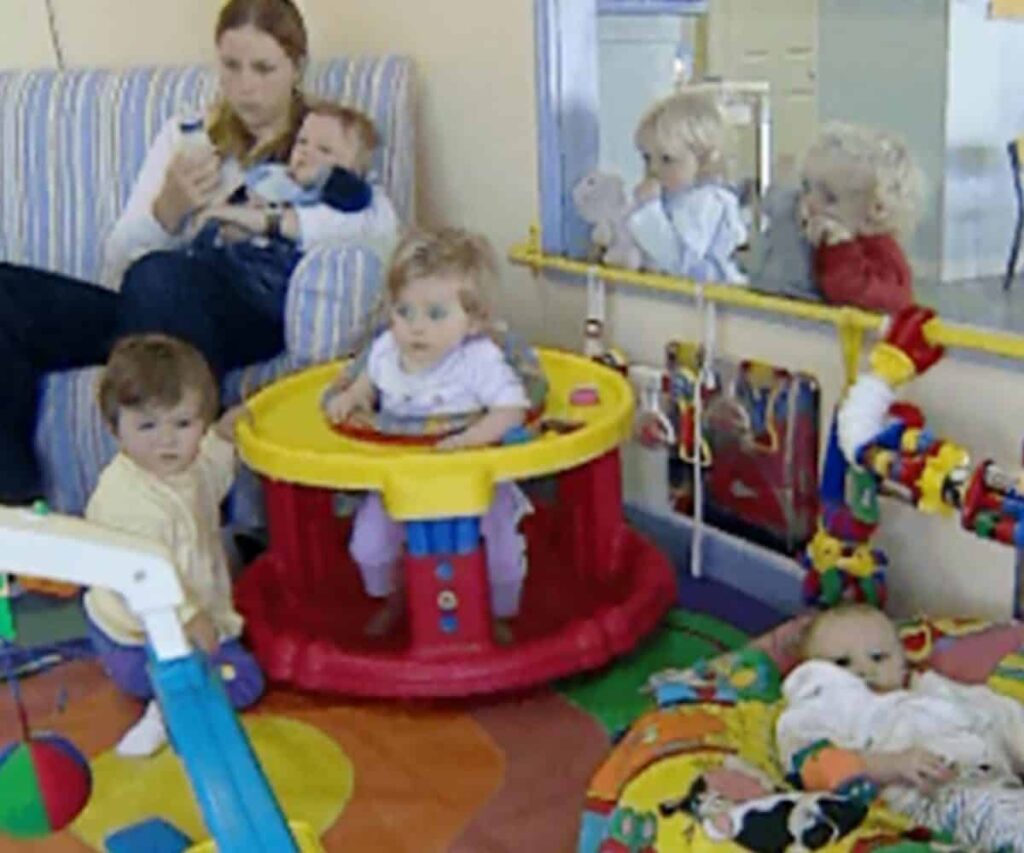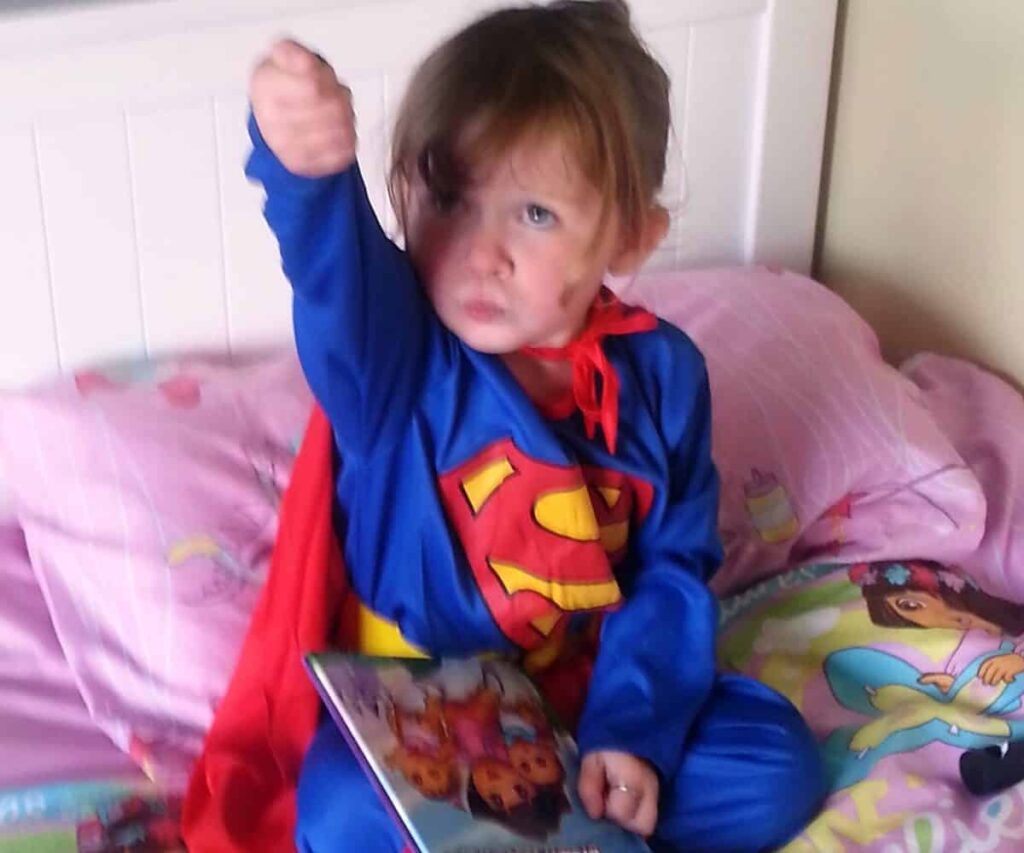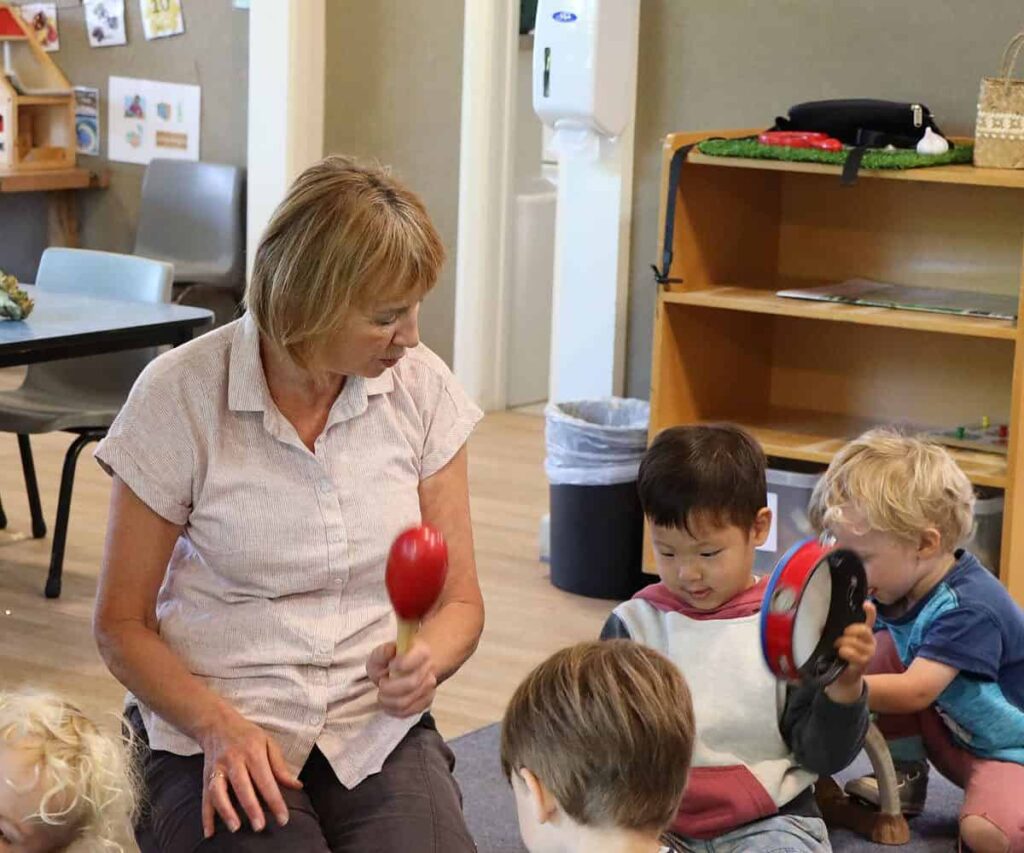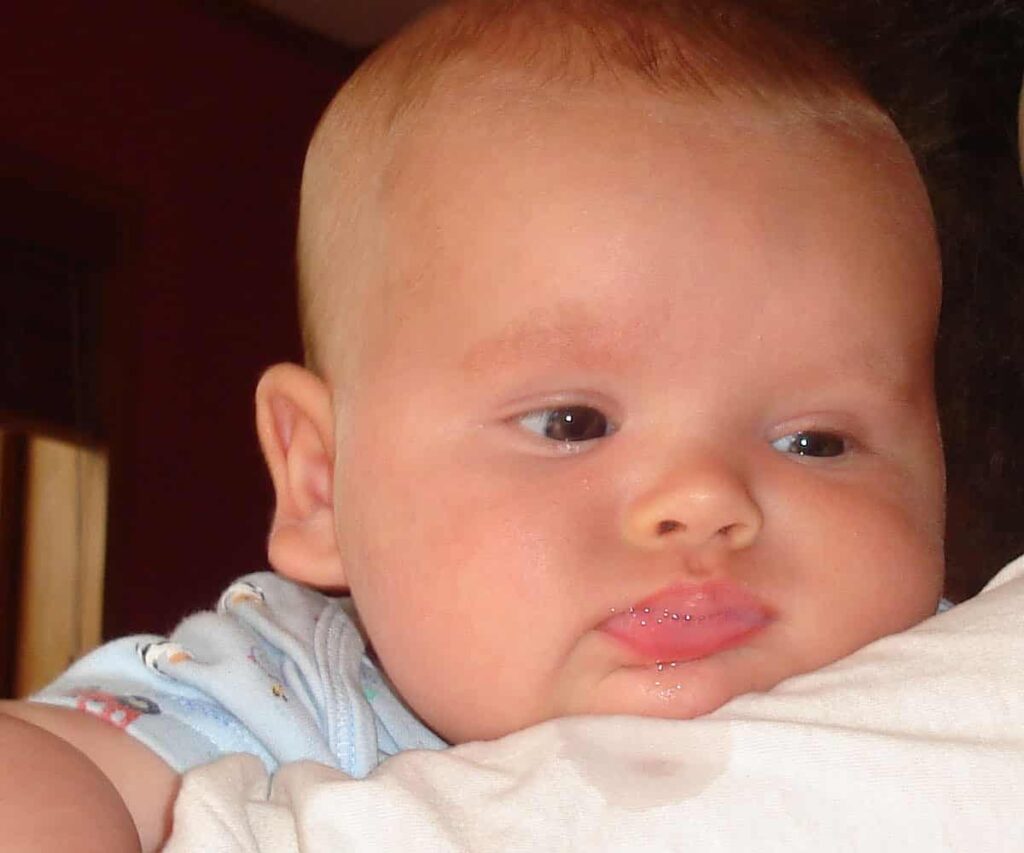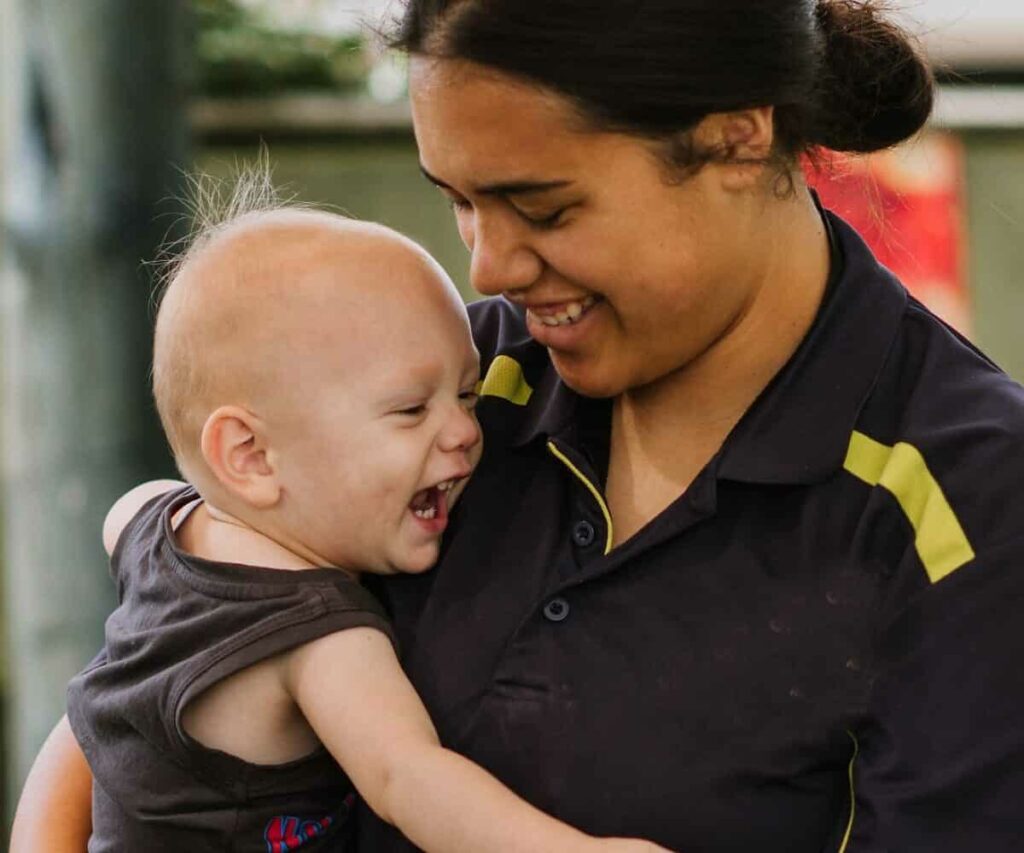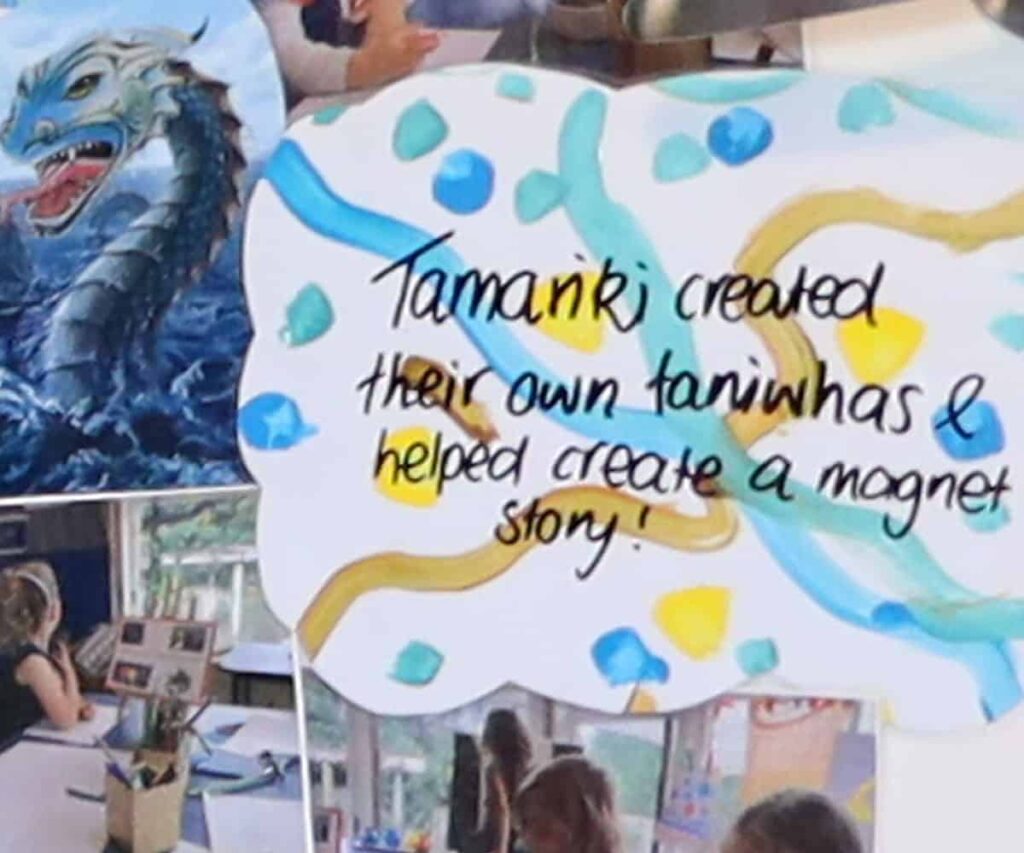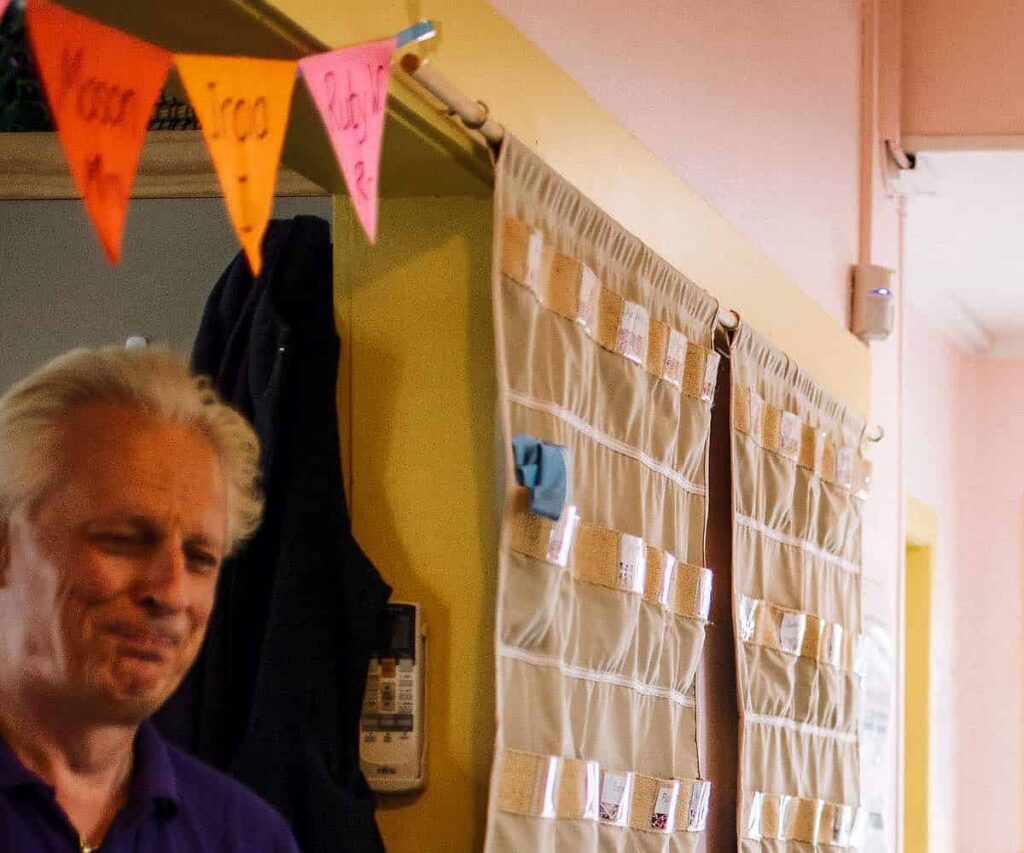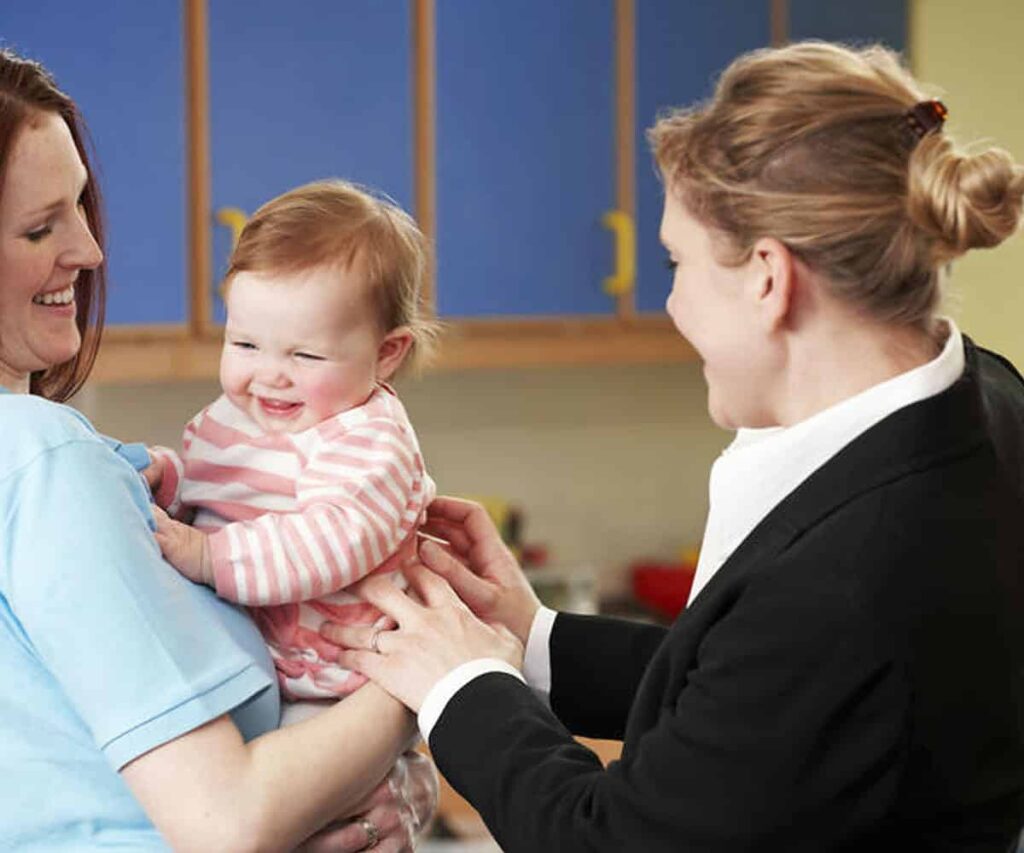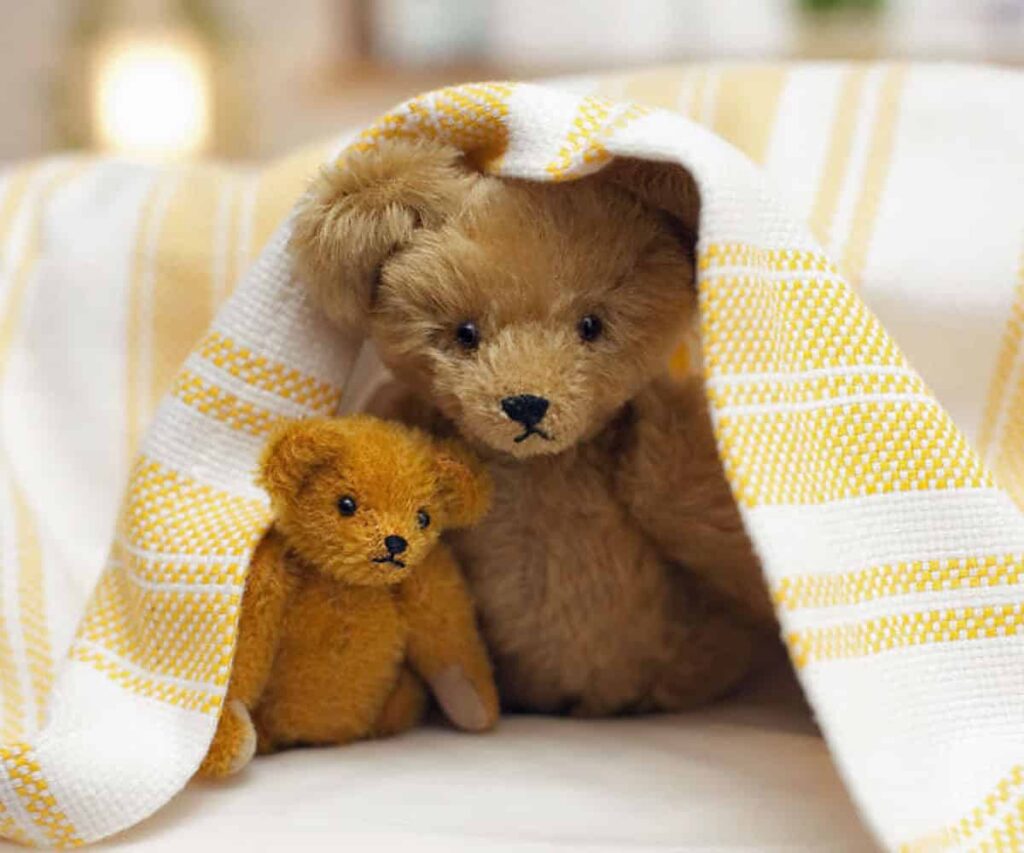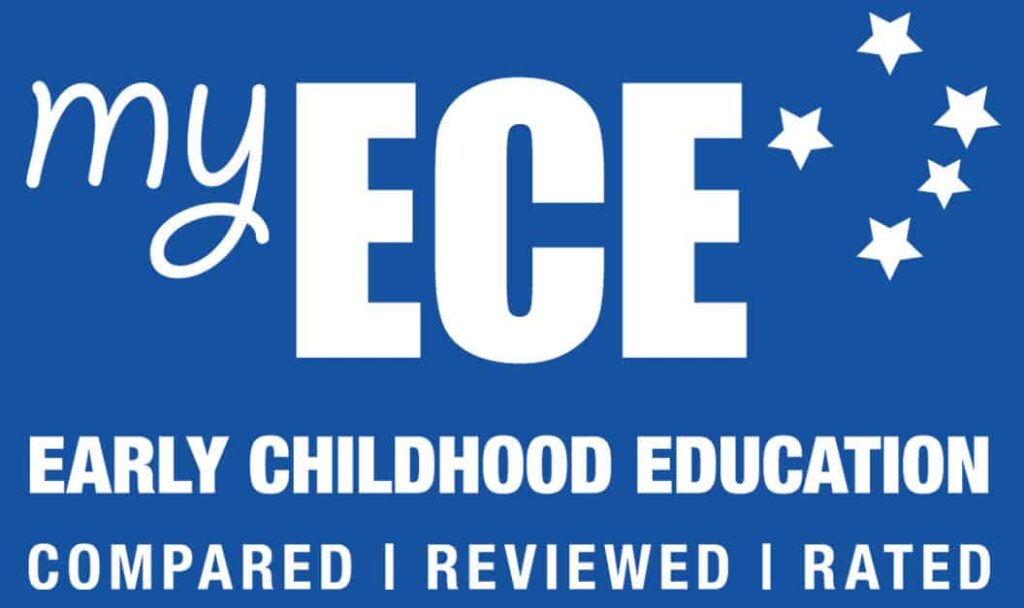This unfortunately is a not uncommon story of a child bitten multiple times. It is shared to give other parents guidance on the problem and suggestions for ways to challenge practices at the ECE service.
Child bitten
An Auckland 19-month-old toddler was bitten up to 9 times by the child of a teacher at an early childhood centre.
The child had received bites on two previous occasions. The child’s parents have now withdrawn their son from the centre.
The parents said the injuries were played down in a call from the centre and when they picked up their child, they were shocked to see his wounds. The child was treated at Middlemore Hospital and received three stitches for a wound to his ear.
A child bitten child multiple times is a sign that not all is right at the ECE service
Dr Sarah Alexander said every early childhood centre under the early childhood regulations has a responsibility to ensure children’s safety.
“If a child has bitten more than once and caused harm to another child or children, then this is strong signal to all involved that not all is right at the centre for the child”, said Dr Alexander.
“Biting is not a phase that all young children go through. Often there are factors in the setting or how the child is being cared for that create frustration, stress, or an overwhelming feeling of powerlessness for the child.”
Dr Alexander recommends that adults address the situation that leads to a child biting and change this, so the child is happier, in control of what is happening to him or her, better supported, and no longer feels invisible if this is how the child has been feeling.
A child who has been bitten may feel fearful to return to the centre and parents should be supported in making alternative care arrangements.
The biter is also a victim and blaming, standing down or excluding the biter is unfair and educationally bad practice when a child is very young.
Early childhood centres have an ethical responsibility to cover the cost of medical bills and not charge families for care not provided.
See more information on why toddlers bite and how to curb biting click.
Biting Should be Taken Seriously and Reported
Make a complaint to the person responsible for the service – the manager or owner
Follow-up to with service and check your complaint has been adequately actioned – or make a complaint to the Ministry of Education.
Some Reactions
Kaye
NZ ratio of children per sq metre is much lower than many other countries in the OECD. Our children are too often crowded into centres and biting and other stress related behaviour is exacerbated. I’ve often observed that teacher’s children are worse behaved. I believe that this is because the child is jealous that “Mum” is caring for other kids as well as them. There is an inbuilt justice system in kids that tells them that Mum must take care of them first – natural, but doesn’t work when Mum is the teacher in a classroom.
Gray
I couldn’t agree more Kaye. As a practising early childhood educator, I have seen a few crowded rooms with three teachers for 25+ children. They are stressful environments for all concerned. I can’t help but think it’s more about the dollars and profit at some centres.
